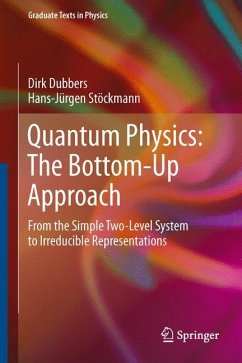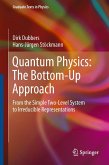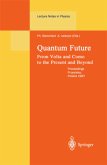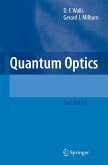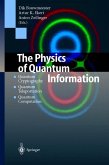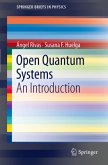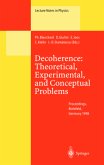This concise tutorial provides the bachelor student and the practitioner with a short text on quantum physics that allows them to understand a wealth of quantum phenomena based on a compact, well readable, yet still concise and accurate description of nonrelativistic quantum theory. This "quadrature of the circle" is achieved by concentrating first on the simplest quantum system that still displays all basic features of quantum theory, namely, a system with only two quantized energy levels. For most readers it is very helpful to understand such simple systems before slowly proceeding to more demanding topics like particle entanglement, quantum chaos, or the use of irreducible tensors. This tutorial does not intend to replace the standard textbooks on quantum mechanics, but will help the average student to understand them, often for the first time.
Bitte wählen Sie Ihr Anliegen aus.
Rechnungen
Retourenschein anfordern
Bestellstatus
Storno

